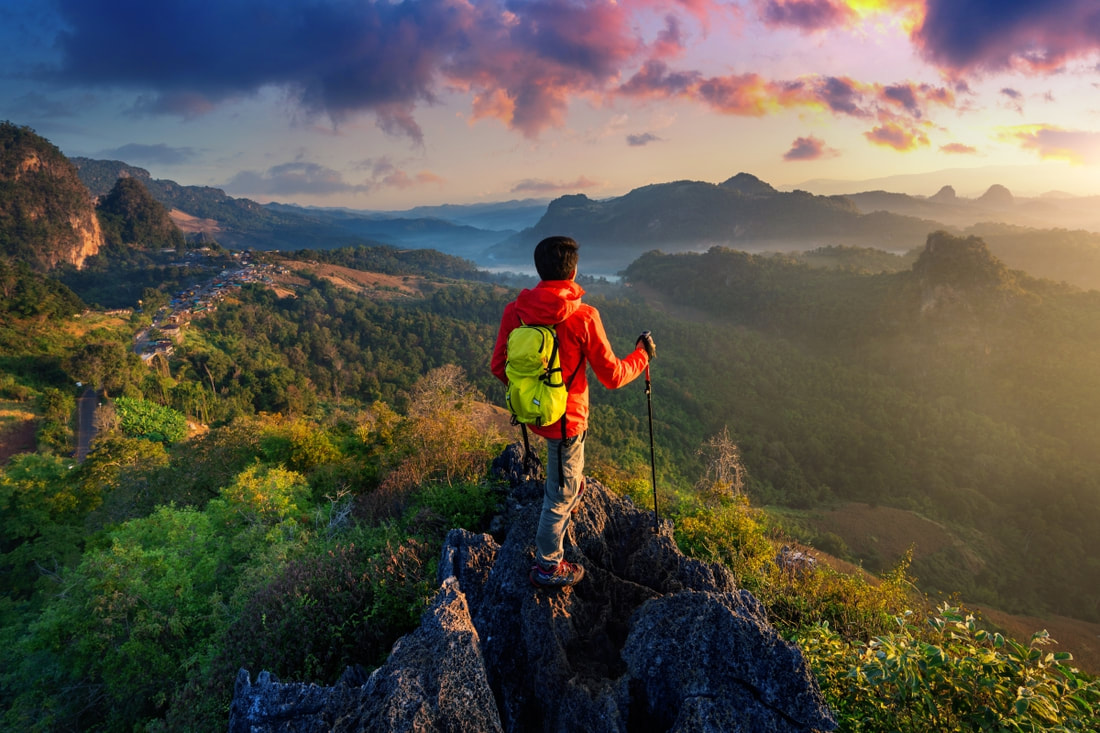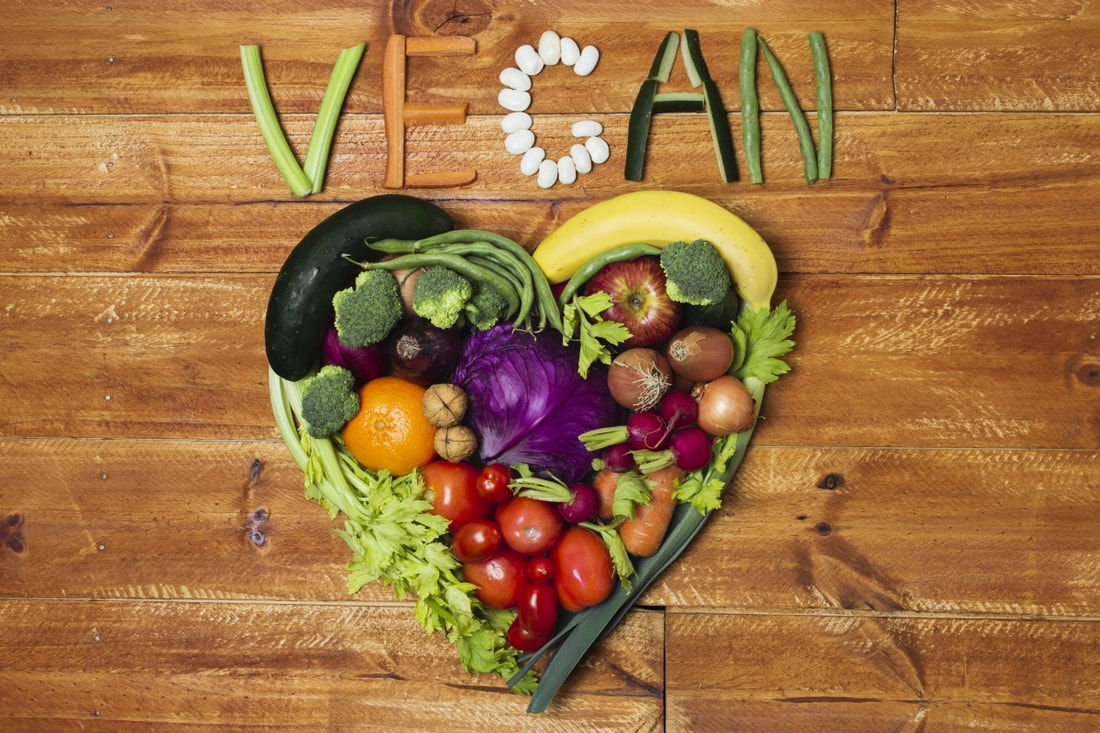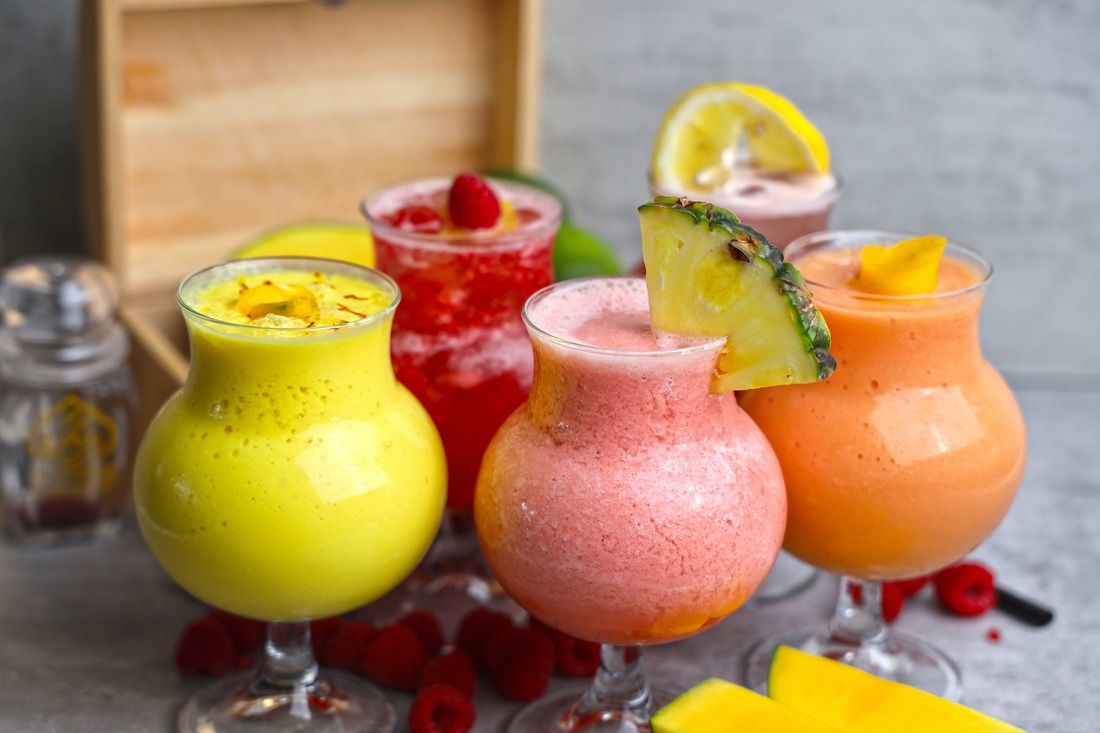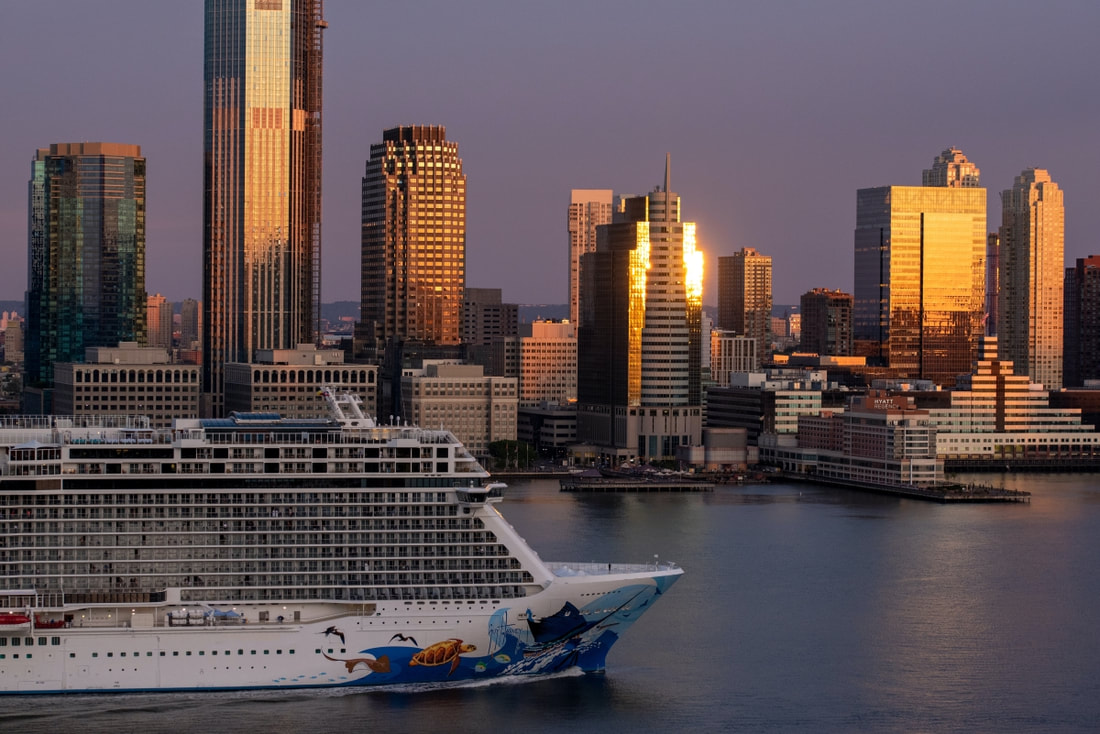|
Solo travel enables an individual to embark on a path of self-discovery, personal growth and immersion in a local culture. In a post Covid-19 world, solo travel has become more popular as individuals make up for lost time, take risks and explore the world on their own.
Did you know . . .
Solo travelers are opting to travel alone rather than waiting for friends and family to be ready to hit the road. As a result, travel companies are offering exclusive offers and waiving single supplements prices to appeal to solo travelers. To help marketers reach this market, Allen Marketing Communications, Inc., a boutique travel and lifestyle public relations agency based in New York City, explores the latest solo travel trends. The Changing Post-COVID Traveler Profile Since solo travelers “prefer to "see the world" rather than "wait for others," 77 percent of individuals travel alone.” (Source: Solo Traveler World). These travelers also want to be "free" and "independent," want to do what they want, when they want, and are generally interested in meeting new people and "personal growth." However, for many people traveling alone is a big step especially when traveling abroad, flying alone, visiting a foreign nation where you don't know the language or the customs. It is normal to be anxious about delayed flights and tourist scams and many solo travelers opt for local tours to bucket list adventure. An Increase Of Female Solo Travelers There has been a notable shift in the demographics of independent travelers – more women are traveling alone. Women feel empowered to travel the world alone for several reasons including financial freedom, enhanced safety precautions, social media posts from female solo travelers. Women are also traveling alone on a journey of self-discovery, as well as the flexibility in their schedule to see the world. Adventure Travel Adventure tourism – extreme sports, animal safaris, hiking, kayaking, and other outdoor activities – has become popular with solo travelers. ‘Bookings for solo travelers have increased significantly, according to reports.” (Source: REI Adventures). Adventure travel enables solo travel to embark on personal growth and self-discovery. Wellness Travel “Wellness retreats have increased by a significant 30 percent solo travelers” (Source: Global Wellness Institute). Wellness tourism allows solo travelers to focus on rejuvenation, meditation, and relaxation as part of their self-care regime. The Use Of Technology For Solo Travel Solo travelers can find it easier to plan their itinerary and explore foreign places with the help of certain apps that offer real-time information on lodgings, transportation, and attractions. Solo travelers have a wealth of information and tools at their disposal due to the widespread use of smartphones and the internet. It is important to recognize the impact of social media on solo travel. “45 percent of solo travelers use social media during their travels.” (Source: Solo Travel Society). Through social media, solo travelers can interact with other travelers, exchange travelogues, and get immediate advice from their networks. Eco-Friendly And Sustainable Solo Travel Solo travelers are looking for more eco-friendly and sustainable solutions because of their commitment to minimize their carbon footprint on the environment. “Seventy percent of solo travelers prioritize eco-friendly lodging.” (Source: Green Key Global). Solo travelers place a high priority on eco-friendly and responsible practices, such as using renewable resources, cutting back on waste, and consuming less energy. These travelers often book eco-friendly hotels, hostels, or they stay at eco-friendly campsites. Local Experiences And Cultural Immersion Solo travelers want real, immersive, and culturally enriching experiences, “Booking websites estimate a 25 percent rise in the number of single tourists selecting homestays.” (source: Airbnb). Furthermore, “the number of participants in cultural exchange groups' programs has increased by 40 percent” (Source: Cultural Travel Trends). Cultural exchange programs give solo travelers the chance to interact with local people on a meaningful level, improve skills such as a language and to truly immerse themselves in the local culture. Solo travelers are more and more inclined to promote cross-cultural relationships and pursue a deeper understanding of the globe. Savvy marketers should pay attention to the growing demand and shifting demographics for the solo travelers. Our team of travel and lifestyle public relations professionals can help travel marketers reach this growing market. By Joanna Allen, chief executive officer, Allen Marketing Communications, Inc.
2 Comments
October signals seasonal changes such as cooler temperatures, pumpkin-flavored lattes and the changing color of the leaves. October is also Vegetarian Awareness Month – a month-long celebration of the health benefits of a vegetarian lifestyle.
Did you know . . .
The Covid-19 pandemic has sparked interest in a vegetarian diet to boost one’s immune system with a plant-based diet. Fruits, vegetables, and whole grains are plentiful sources of vitamins, minerals, and antioxidants that boost immune function and are frequently included in plant-based diets. In this blog, Allen Marketing Communications, Inc., a boutique food and beverage and lifestyle public relations agency based in New York City, explores the growing popularity of a vegetarian diet. What Are The Different Types Of Vegetarians?
What Are The Health Benefits Of Vegetarian Diet? A vegetarian diet “may reduce the risk of heart disease, diabetes and some cancers,” according to the Mayo Clinic. Improves Heart Health Numerous studies have demonstrated how a vegetarian diet can improve heart health by lowering blood pressure and by reducing cholesterol levels. Fruits and vegetables are “rich in nutrients and antioxidants to protect against heart disease. Fiber from the fruits, vegetables, beans and whole grains helps to lower cholesterol.” (Source: Northwestern Medicine) Support The Environment The environment can also benefit from embracing a vegetarian diet. Animal products produce more greenhouse gases than either vegetables or grains. Research shows “a diet high in meat causes 2.5 times more carbon emissions than a diet high in plants.” (Source: Vegetarian Society). Helps To Reduce Type 2 Diabetes A plant-based diet lowers cholesterol and saturated fats, which can help to reduce fatty tissue. Research a vegetarian diet “rich in fruits, vegetables, legumes and nuts can improve blood sugar and make your body more responsive to insulin.” (Source: Mayo Clinic) Maintain Mental Sharpness Foods derived from plants can support brain health. Studies show “eating more plant-based meals may be associated with a decreased risk of dementia, Alzheimer's disease, and other cognitive impairments.” (Source: National Institutes of Health). Reduces Risk Of Cancer Research shows a vegetarian diet helps to reduce the risk of cancer. “Plant-based foods contain phytochemicals, the nutrients your immune system needs to fight diseases such as cancer.” (Source: MD Anderson Cancer Center) Making Balanced Food Selections Vegetarianism is experiencing a spike in popularity as consumers seek natural ways to boost their immunity and to improve their health. Major food companies, restaurants and fast food establishments are offering line extensions featuring plant-based products to meet the growing demand for vegetarian alternatives. Our team of food and beverage public relations professionals can help food marketers tap into this growing market. By Joanna Allen, chief executive officer, Allen Marketing Communications, Inc. Sober October is a month-long challenge to stay sober, make healthy choices and embrace non-alcoholic drinks such as mocktails. Mocktails are extremely popular, especially among Gen Z, providing the spirit industry with innovative line extensions.
“Mocktails and other alcohol alternatives are more than a passing fad. The sector is expected to grow to $30 billion in 2025,” according to Global Market Insights. “Consumers who choose non-alcoholic or low-alcoholic beverages frequently don't want to give up the excitement of socializing or elaborate food and beverage pairings. Young people today are less interested in alcohol than prior generations,” (Source: CivicScience report), “and the desire for a more balanced and conscious lifestyle has infiltrated every generation.” Is The Sober Inquisitive Meaning Unclear? Sober curiosity explores a person’s connection with alcohol and making changes to his or her priorities so that an individual can stop drinking and live better. Sober inquisitive might be a choice for some individuals who cut down on drinking without declaring themselves a teetotal. As the term implies, the sober curious is interested in learning more about the advantages of a sober lifestyle. It can be challenging to envisage a life without drinking for individuals who have made the "I'm never drinking again" declaration only to find themselves a few weeks (or, let's be honest, days) later having another drink. Not everyone can maintain sobriety, and the sober curious movement is more about locating a person’s ideal drinking situation. In this blog, Allen Marketing Communications, a boutique wine and spirits and lifestyle agency, explores key trends leading the explosive growth of mocktails. Increased Intentional Drinking As people become more aware of their alcohol use, mindful drinking – avoiding alcohol altogether and consuming it in moderation -- has become increasingly popular. Here are a few examples of mindful drinking. Moderation: Many people choose cocktails with less alcohol. As a result, businesses are increasingly selling beverages with less alcohol. Popularity of Mocktails: Mocktails are now the drink of choice for designated drivers and those who want to have a good time without becoming drunk. Flavor Profiles And Special Ingredients Mocktails feature unusual ingredients and flavor combinations such as purees of exotic fruits, kombucha, elderflower, and hibiscus are just a few examples. “Forty-two percent of customers are open to trying mocktails with odd or exotic ingredients in search of novel flavor combinations.” (Source: Mintel study) This pattern motivates mixologists to continuously invent and experiment. Sustainability And Environmentally Friendly Methods Sustainability has taken center stage in the mocktails industry. Bars and restaurants are increasingly using eco-friendly and sustainable ingredients. in mocktails. “Consumers who are concerned about the environment and seeking ways to lessen their impact on the environment are drawn to this trend.” (Source: Beverage Daily) Sugar-Free And Low-Calorie Mocktails Low-calorie and sugar-free mocktails are gaining popularity as more people become health-conscious. A large number of people are actively looking for healthier beverage options. A survey found that “48 percent of consumers specifically seek out drinks that are low in calories and sugar. “(Source: Beverage Industry) Mocktails that are sweetened with natural alternatives such as stevia or agave nectar are becoming increasingly popular as a result of this trend. Dedicated Menus And Mocktail Bars Bars and restaurants are offering specific mocktail menus to meet the growing demand for mocktails. These menus provide a wide variety of alcohol-free options, ranging from traditional virgin cocktails to custom mocktails made in-house. Some bars and restaurants market their business as mocktail venues to meet the growing demand for non-alcoholic drinking options. What Impact Will The Rise In Non-Alcoholic Beverages Have On The Sale Of Alcohol Over The Next Ten Years? The Sober October challenge enables individuals to make healthy choices especially as it pertains to consuming alcoholic beverages. Mocktails present a new revenue stream for the spirits industry, restaurants and bars to reach consumers, especially Gen Z population, who are making healthier drinking choices. Our team of wine and spirits and lifestyle public relations professionals are here to help spirits companies raise awareness for line extensions designed to reach consumers who are drinking less. By Joanna Allen, chief executive officer, Allen Marketing Communications, Inc. Cruise vacations offer passengers a floating resort exploring multiple locations, offering mouth watering cuisine and world class entertainment. Cruise lines have spent billions on ship upgrades to give passengers the ultimate luxury.
Did you know . . .
Cruise ships now come in many shapes and sizes, from smaller, more intimate ships to enormous mega-ships. The cruise industry is reimagining how we travel the world by sea, from environmentally friendly sailing and expedition adventures to wellness-focused vacations and technological advances. In addition, celebrity chefs, themed dining, and farm-to-table cuisine are increasingly common on cruise ships. Dining aboard a cruise ship offers the chance to enjoy gourmet dishes inspired by exotic flavors rather than buffet lines and set menus. A recent report shows “a 22 percent increase in shore excursions with a culinary focus.” (Source: CLIA). The significance of culinary experiences as a major factor in cruise bookings is highlighted by this trend. In this blog, Allen Marketing Communications, Inc., a boutique travel and lifestyle public relations agency based in New York City, set sail towards the future of cruise travel. Here is what is trending in the cruise industry. Charting A Greener Course In Sustainable Cruising The increasing focus on sustainability in the cruise industry is one of the most notable and encouraging trends. Cruise lines are adapting environmentally friendly practices in response to the growing environmental consciousness of travelers. According to the Cruise Lines International Association (CLIA). more than “60 percent of cruise ships had exhaust gas cleaning systems to minimize pollutants, and nearly 90 percent of cruise ships had modern wastewater treatment systems installed on board the ships”. Cruise lines are actively embracing sustainable initiatives such as cutting back on single-use plastics, introducing energy-saving technology, and putting money into shore power infrastructure. Major cruise lines have been investing in ships fueled by liquefied natural gas (LNG) as a cleaner fuel source. Expedition Cruises - Exploring Uncharted Territory In recent years, expedition cruises have become incredibly popular. These cruises transport guests to uninhabited, unspoiled locations, offering a rare chance for immersive, nature-centered experiences. “Bookings for expedition cruises reportedly increased by 50 percent compared to the previous year.” (Source: Cruise Industry News) Expedition cruises offer an authentic experience, as well as an immersive connection with nature and the local culture. By providing small-ship experiences that enable closer encounters with animals and isolated communities, expedition cruises satisfy needs for travelers seeking this experience. Cruises With A Focus On Wellness And Health Cruise lines are increasingly providing specialized wellness and health-centered cruise experiences at a time when health and wellness have taken center stage. The health and wellness cruises frequently provide mindfulness exercises, healthy cuisine options, spa services, and fitness programs. Research shows that “bookings for wellness-themed cruises increased by an astounding 42 percent”. (Source: Cruise Critic) While at sea, passengers want activities that promote total well-being such as onboard yoga, mediation programs and spa rituals. Additionally, cruise lines are working with famous chefs and wellness specialists to create healthier, delicious, nourishing menu options. Gourmet meals, including vegan to gluten-free selections, are served to passengers. Sailing Into The Digital Age With Digitalization And Tech Integration Cruise lines are investing in cutting-edge technologies to improve the cruise vacation experience. Today's travelers expect seamless and practical digital solutions throughout their cruise vacation. Cruise lines implemented contactless check-in, keyless entrance, and smartphone apps for onboard amenities and excursion booking in response to the COVID-19 epidemic. These developments improve convenience while simultaneously advancing health and safety. “90 percent of cruise passengers will utilize digital boarding permits by 2023, demonstrating the industry's dedication to adopting the digital age.” (Source: Cruise Market Watch) World Cruises That Are Longer - The Ultimate Odyssey Longer journeys are becoming more popular, including multi-month world cruises. Travelers seeking in-depth exploration and cultural immersion may find these cruises appealing. “The number of bookings for prolonged voyages increased by 40 percent” in recent years. (Source: Cruise Critic). This trend reveals a rise in demand for cruise itineraries that go beyond the normal week-long vacation. Particularly on world cruises, travelers have the chance to travel around the world, stopping in numerous nations and continents. Navigating Cruise Travel's Future The cruise industry is always adapting to meet the needs of the modern travelers by offering sustainable and environmentally friendly enhancements to the ships, by offering expedition and wellness-focused vacations, and by embracing technology to enhance the cruise vacation experience. Our talented team of travel and lifestyle public relations professionals are here to help cruise marketers reach the modern traveler. Give us a call. By Joanna Allen, chief executive officer, Allen Marketing Communications, Inc. |
Archives
July 2024
Categories |
HoursM-F: 8:30 am - 6 pm
|
Telephone(917) 371-3753
|
|
Quick LInks |




 RSS Feed
RSS Feed